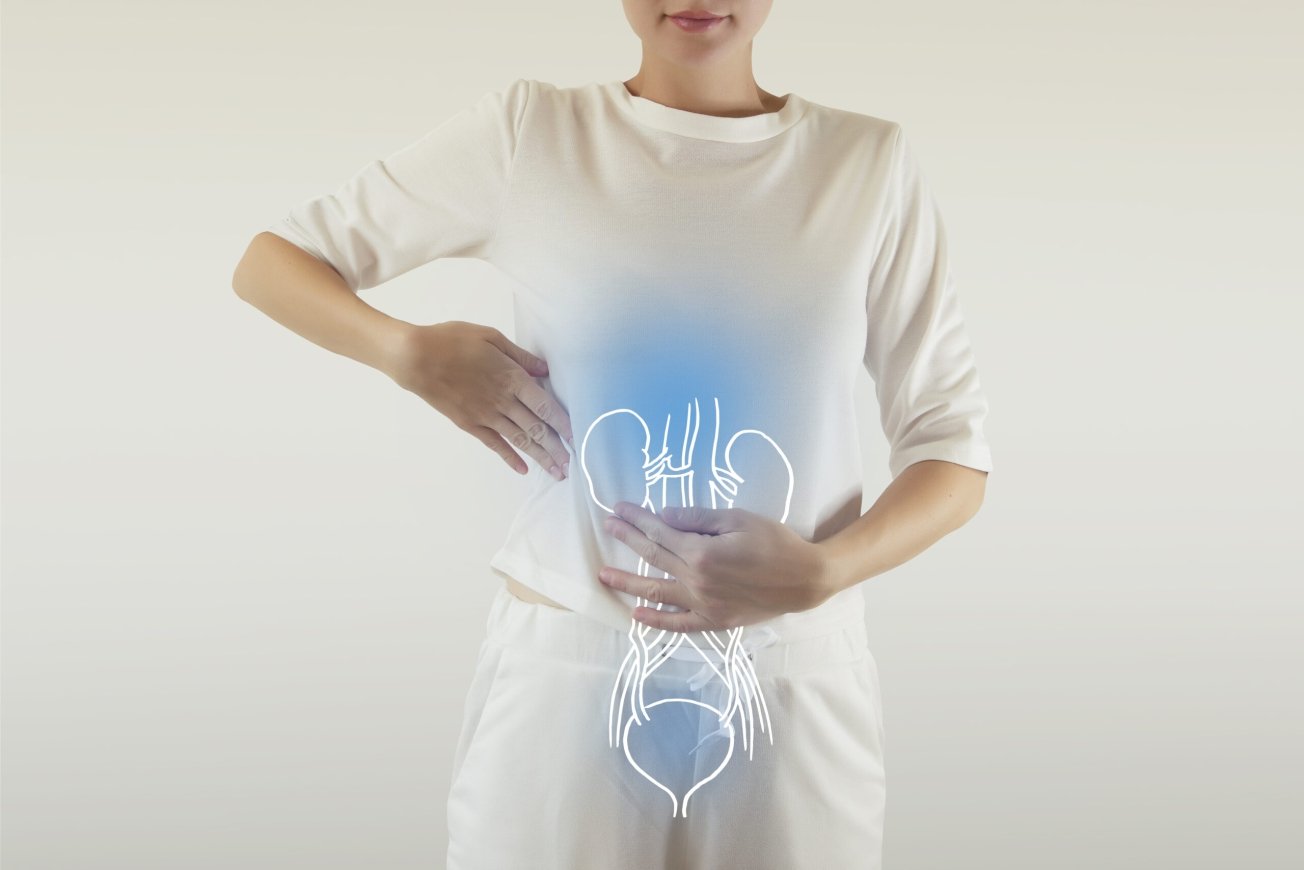20 % of female will have urine infection at least once in her lifetime. If you ever had urine infection, you may be very well aware of UTI like burning sensation, frequency, urgency. But you may not be aware that these symptoms can also be caused by a condition called interstitial cystitis or painful bladder syndrome. How is a women to know, if she had an UTI or painful bladder syndrome.
Here I will try to give in brief what both these condition means and how can we broadly differentiate between two.
What is urinary tract infection (UTI)?
Urinary tract infection is infection of urinary tract, most commonly affecting bladder and urethra. Most common route of entry is thru and then up the bladder. It can further ascend to kidneys, leading to severe of kidneys. With the UTI, bladder lining becomes red, inflamed and swollen. UTI can be uncomplicated or complicated. An uncomplicated UTI, is the one occurring a normal host who has no structural abnormalities, is not pregnant or has not been instrumented. All other infections are classified as complicated.

Common symptoms of UTI include

Burning sensation while passing urine

Increased frequency of urination

Severe urge to pass urine

Blood in urine

Fever with or without chills

Abdominal pain, pelvic pain or low back ache

Cloudy urine
What is interstitial cystitis (IC)?
IC also known as painful bladder syndrome, is a pelvic health disease most commonly affecting young and middle age females. It's a chronic inflammatory condition of bladder lining causing pain and pressure in pelvis. Along with pain, patient may have lower urinary tract symptoms which may have lasted for more than 6 weeks without any infection or documented cause.
IC/PBS is not an infection but patient may feel like having a bladder infection.
Women with IC may complain of pain during sexual intercourse. Few patients may have concomitant irritable bowel syndrome, fibromyalgia, endometriosis or other pain syndromes.
Symptoms of IC/PBS
- Pain in pelvis or bladder region
- Painful urination without documented infection or cause
- Urgency, frequency of urination
- Dyspareunia

Diagnosing and treating UTI and IC :
Diagnosing an UTI require history taking and few basic urine tests. But for IC, at this time there is no test that can say a person has IC or does not have IC. To make a diagnosis, urologist will have to decide weather the symptoms are typical of IC/PBS. Next, they need to rule out if there is another condition causing symptoms. IC is present if the symptoms are present and no other cause of those symptoms is found.
Treatment of UTI require a course of antibiotics based on antibiogram report and few symptomatic medicines to relieve you of your symptoms. While no single treatment works for all patients of IC treatment is chosen based on presenting symptoms. One may need to try different treatment or combination of treatment until patient gets a good relief. None of the medicines work instantaneously.
It may take weeks to months to start getting benefit. Even with successful treatment, patient may not get cured but can get significant relief of symptoms and can lead a normal life with treatment.

